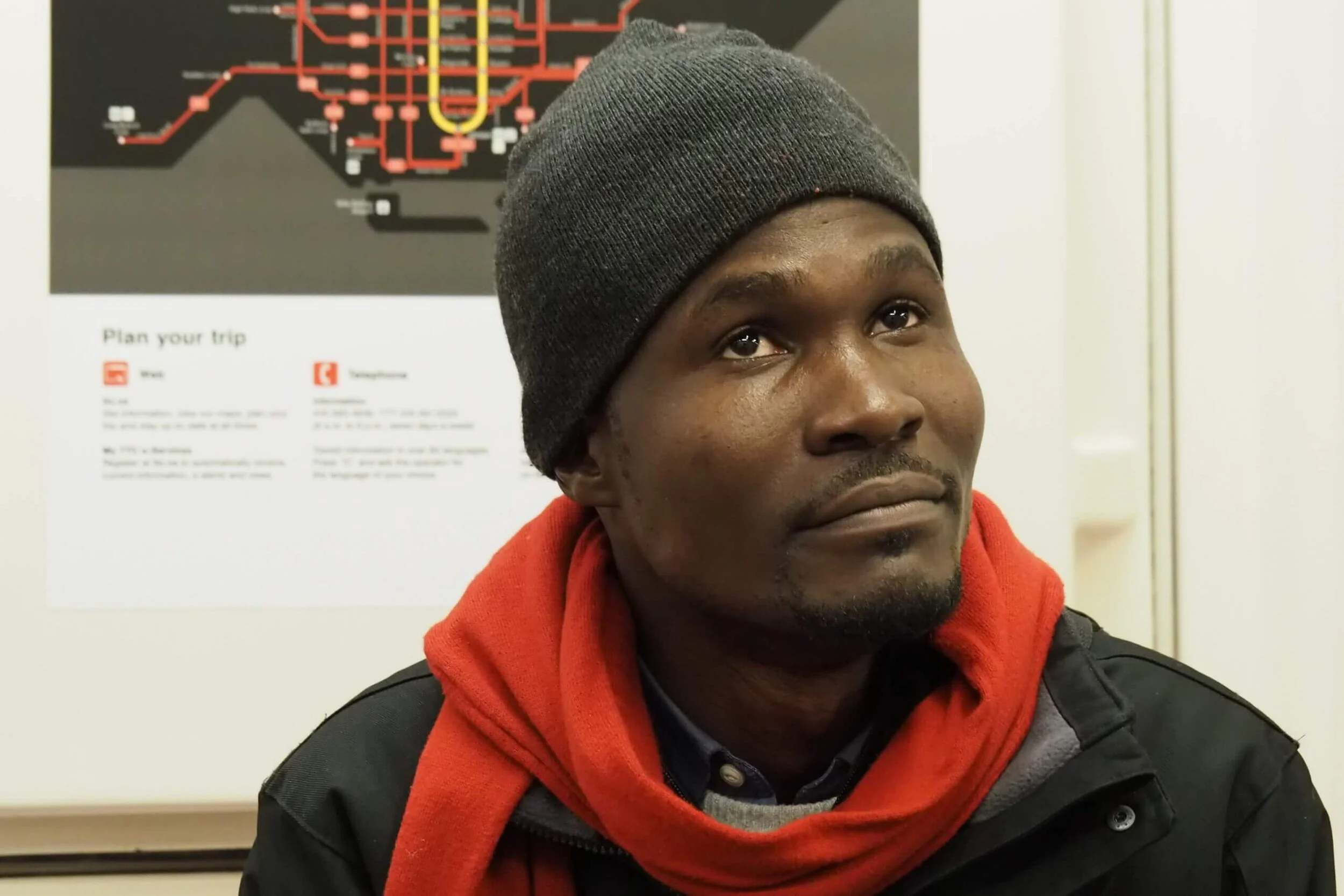BY: ISSRA ALI
To flee a life and to start anew is an experience shared by many in the Downsview area, which is home to refugees of the Vietnam War, political turmoil in Cambodia and Laos, persecution of the Tamil people in Sri Lanka, political tensions in Uganda, the Syrian Civil War, among other conflicts around the world. In light of World Refugee Day on June 20th, which is recognized by the United Nations Refugee Agency (UNHCR), the Downsview Advocate interviewed local Downsview resident Samuel Kisitu, who fled political persecution in Uganda, asking him to reflect on his experience as a refugee in Canada.
Kisitu arrived in Canada in September 2019, and found his first home in a men’s shelter. He initially found it challenging to find work and an affordable home—at one point, even sleeping in Dominion Church International. He found a sense of home in Canada, and though he is grateful for the asylum he found in Canada, he explains that hardship continues in the new country for refugees, just in a new form: red tape, cultural barriers, and of course, cold weather.
With a distant look on his face, he told me painfully: “it becomes hard to even think you’ll make it on the land that is foreign when the system is tuned for you to serve it, and not for it to serve you.” He recalled how Ontario Works did not provide support for his pregnant wife Zainab back home in Uganda, so he had to find his own ways to send money. He explained his frustration with the injustices he witnessed during one of his first jobs—a temporary public sanitation worker: “I have some colleagues that were supposed to be paid for temporary work, but they weren’t.” He deplored the initial lack of paid COVID-19 leave: during his time as a public sanitation worker, on the front lines of the Canadian pandemic efforts, Kisitu developed COVID-19 symptoms and was forced to stay home without any income, unable to work for two weeks. “Whenever they want you, they call you; whenever they don’t want you, they dump you,” he said.
He further detailed his early months in Canada to me, still visibly shaken by some of his experiences—for example, in the men’s shelter, how residents’ excessive smoking made him uncomfortable, or how the landlord of a room he later rented failed to offer a working solution once after the heating system broke on a cold November night, forcing him to face the cold with only his clothes. “I learned what it means to be lonely, what it means to be depressed,” he said. “I cannot forget.”
“There is life before, and there is life after,” Kisitu told me, remarking on how his life and his position in society has changed since he moved from Uganda, where he was a teacher of English and fine arts. “To become a Canadian is a transition,” he said, “I changed my way of thinking, way of work, entire behaviour.” “The reality of me having to erase my identity is the thing that hurts me most in life,” he told me. He looked down for a moment, then added: “the reality of having 13% of my payment going as taxes to be given to the government—which is then in turn given to murderers and killers that kill my brothers and sisters back home—hurts my heart.”
On a constructive note, Kisitu explained how our government can better support refugees: “[we need] a way to support local immigrant and refugee communities to grant us a sense of home,” he said. “To have support for the things we believe in, the languages, the cultures,” he declared. Referring to the poor working conditions often experienced by refugees in their early jobs, Kisitu demanded “we deserve better, equal opportunities.”
“I come not to compete, I come to contribute,” he said, before wittily adding: “you cannot milk a cow which you don’t give food.”
This refugee week, we recognize the struggles and contributions of Canadian refugees to our society. As our country laudably continues to accept more asylum-seekers, we must strive to better accommodate and support new and already-existing refugees and refugee communities.

